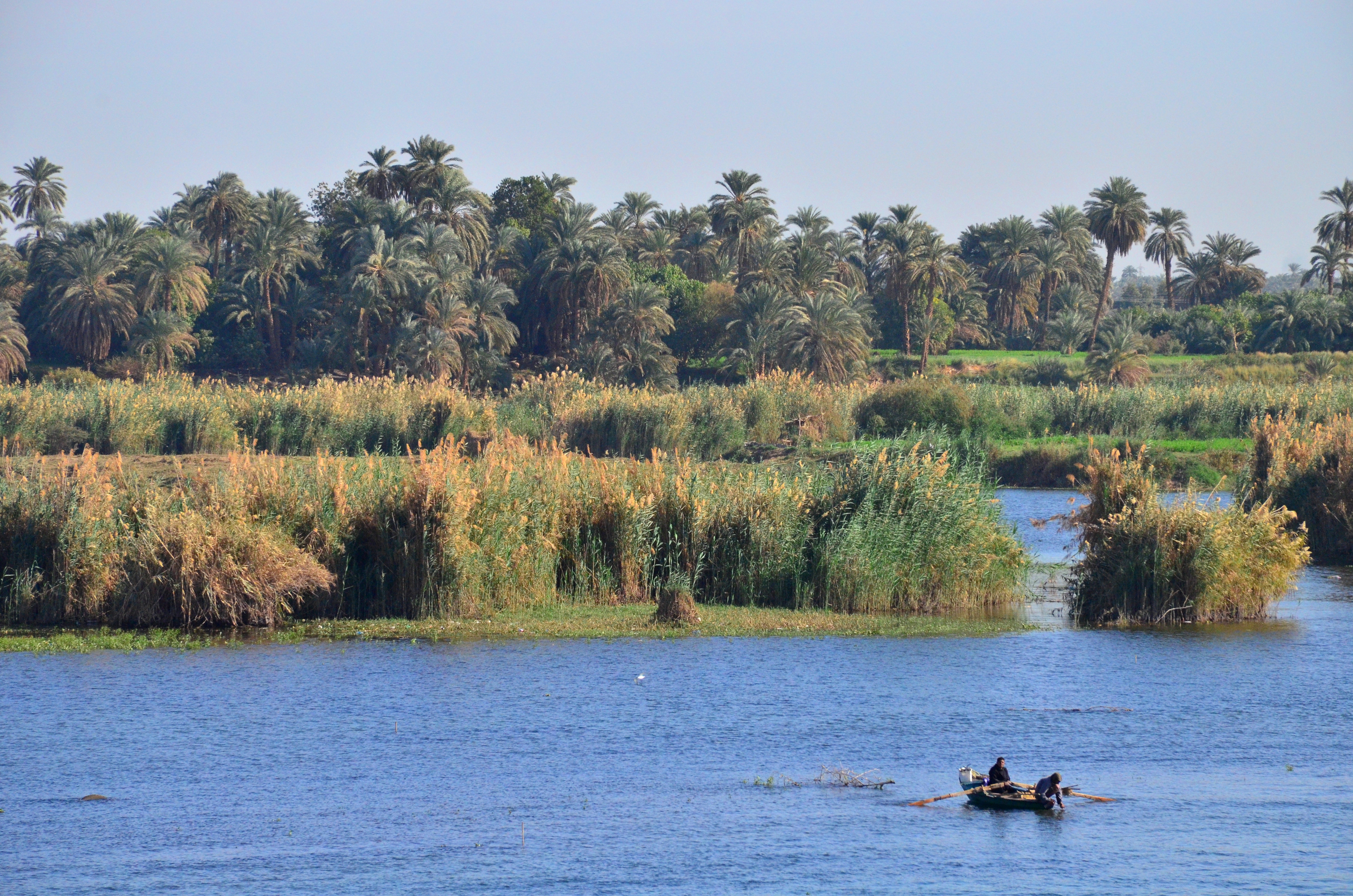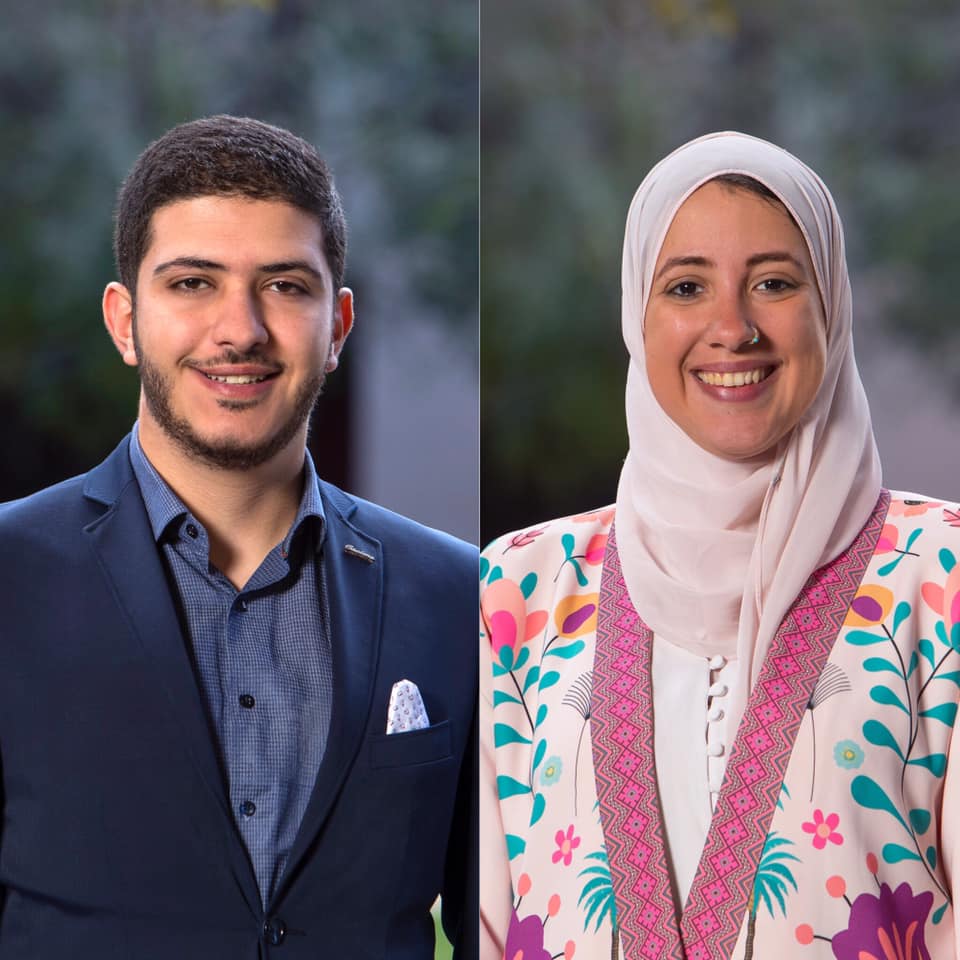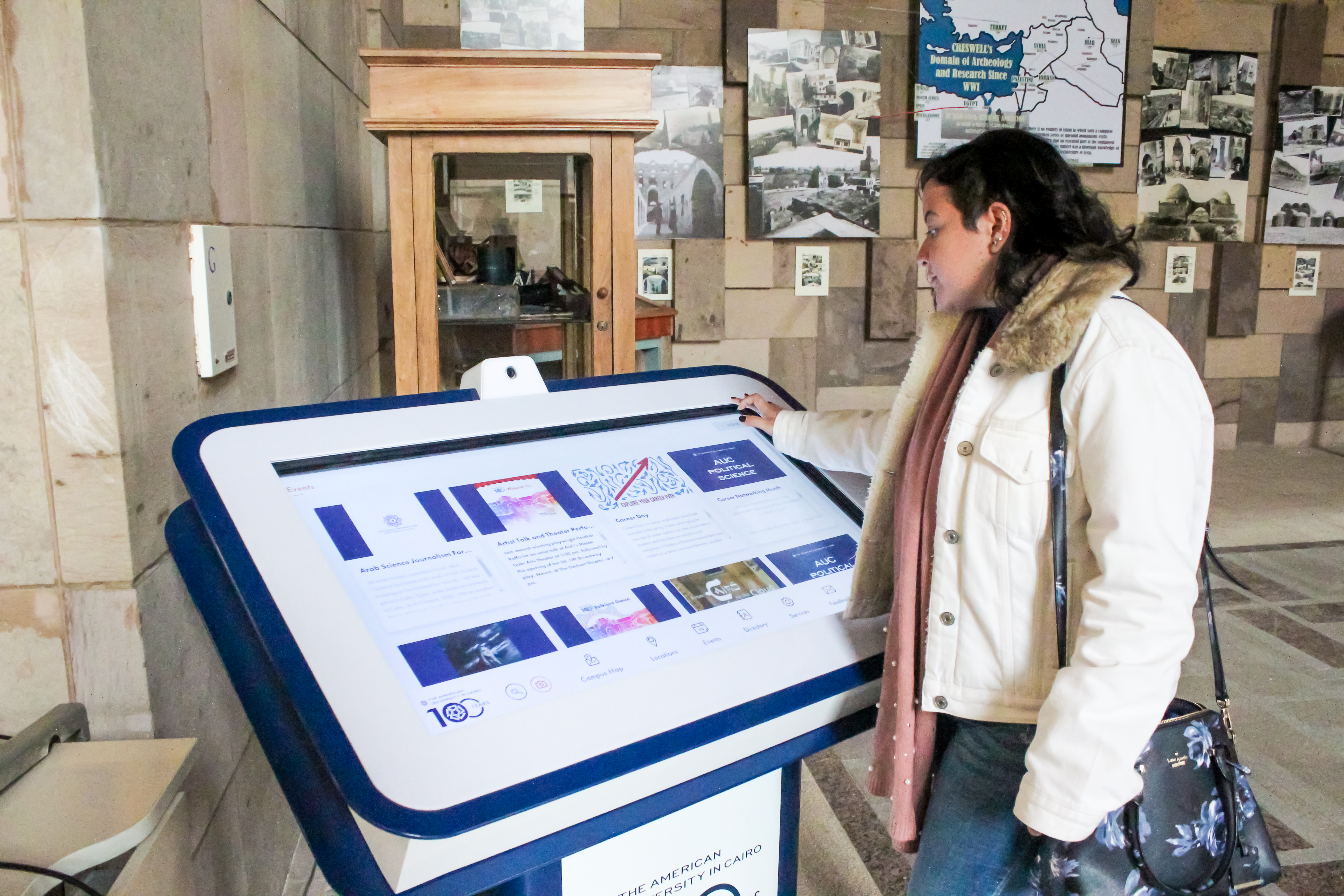Closing the Loop: The Economic Benefits of Going Green
By Mahmoud Said
Follow @mahmoudhsaid
With the environmental agenda quickly gaining foot as ecological damage continues to escalate, many businesses are developing ways to shift toward more sustainable practices.
The School of Business organized a talk examining social and technological forces involved in the sustainability of supply chains, providing analysis on practices in Egypt and the Middle East and North Africa region (MENA).
Joseph Sarkis, professor at the Foisie School of Business in the Worcester Polytechnic Institute, introduced various members of the AUC community to green and sustainable supply chains.
Sarkis explained that sustainable supply chain management is what encompasses all activities associated with the flow and transformation of goods from raw materials, through the end user, as well as information flow.
Sustainability is an intergenerational philosophy that meets the needs of this generation without weakening future generations’ ability to meet their needs, he added.
Sarkis discussed the triple bottom line (TBL) concept, an accounting framework comprised of three parts: social, environmental and financial.
Some organizations use the TBL framework to assess their performance in a broader perspective to create greater business value.
“My argument is that the TBL, in terms of sustainability, is not good for the environment. Now why would I say something that stupid?” he said, after asking his audience whether they believed TBL helps or harms the environment.
In past years, the environment was foremost, but now businesses focus primarily on the economic side of the TBL, at the expense of the other two pillars.
Sarkis then posed another question, “If you’re a business, realistically, of the TBL, which one are you [going to] care about?”
“The economic, of course!” roared some members of the audience.
Sarkis then reassured his spectators that indeed 99.99 percent of global companies would agree.
“If something is socially good and benefits the economic side, but is environmentally bad, you bet your bottom-dollar businesses will emphasize the social part while downplaying the environmental aspects. Now, do you see why the TBL is bad for the environment?” he said.
Balancing all sides of the TBL is a very difficult act, but not impossible, he added.
Businesses always prioritize the financial side of the concept, without actually focusing on the other two.
Sarkis took this further by discussing the global and regional problems created due to the reluctance of businesses to balance all sides of the TBL in practice.
For example, Egypt faces water pollution as a regional problem, and waste disposal as a local one.
“How much value you put on clean air and clean water – that is an environmental issue and one that is priceless,” said Sarkis.
Environmental threats are caused by the use of inefficient and toxic means of transformation and the inadequate management of waste.
Sarkis also discussed the “closed loop system,” a concept that basically brings back waste material into the system of production, so that no waste is created, but rather made use of.
Nearly 80 percent of environmental issues can be traced back to how the product is designed and the processes that follow.
“It all begins with how you design your product”, said Sarkis.
With each and every stage of production, waste is accumulated, which companies eventually pay money to dispose of and which ends up inevitably harming the environment.
Sarkis then moved toward discussing the new sociopolitical trend of globalization and post-globalization, explaining that there is a new Chinese world order changing the globe.
China’s major goal is economic growth, though it puts less emphasis on human rights and environmental damages.
“They have a reason: they want to get their people out of poverty. Unfortunately, they don’t really take in the true cost of environmental damages occurring there,” he told The Caravan.
The air pollution in China is responsible for around 600,000 deaths a year.
“But how do you value something like that? You want to help your people live better lives, but [you’re] also simultaneously killing them,” he said.
Turning to Egypt, he similarly said that efforts to increase living standards are contributing to environmental damage.
However, Egypt has the resources and tools to solve this. Sarkis pointed out that renewable energy and efficient methods of waste disposal is the way forward.
“You can put solar panels on rooftops and start local farming within the city. Being green could bring Egypt out of poverty,” he added.
Sarkis also told The Caravan that Egypt could simultaneously benefit the environment while making money by properly repurposing waste.
“Instead of paying someone to take the waste, or just dumping it and kill animals and the environment, they can find out ways to fix it and sell it to other companies that would use it to sell even cheaper products.”
Sarkis used the “biodiesel example” to illustrate how this can function in a circular economy.
He explained, for instance, that instead of selling vegetable oil to companies and organizations, oil should be leased. As people use it and benefit from it, the oil should return back to the source.
When the used oil is collected, it can then become biodiesel, which can be sold to someone else entirely. This repurposing would also create more jobs.
However, one of the main challenges facing Egypt when it comes to efficient waste disposal is the poor infrastructure, which is why Sarkis believes the Egyptian government should work on developing the infrastructure in order to become greener.




